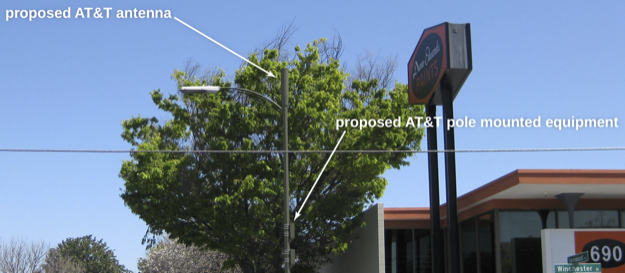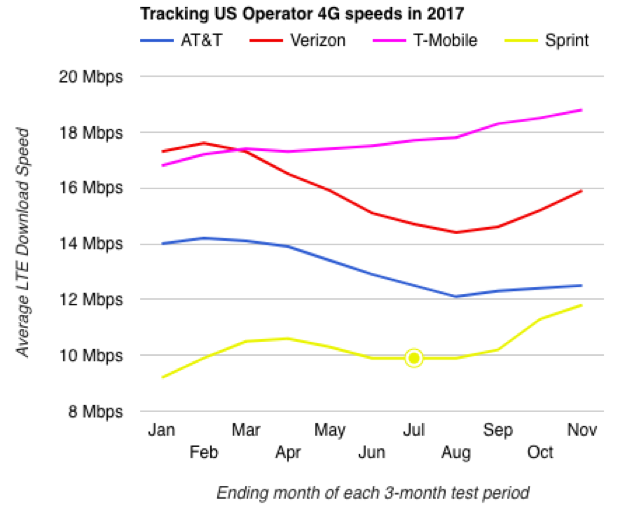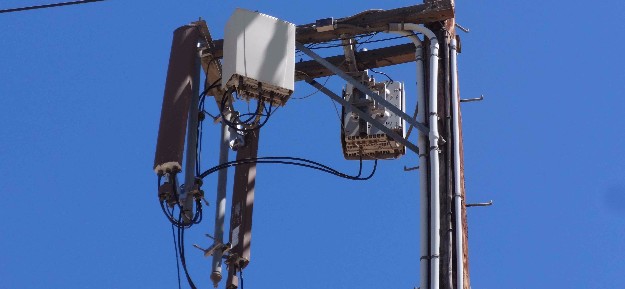CPUC considers FTTH upgrade subsidy for Marin County town

Bolinas, a coastal community of about 700 homes in Marin County, is up for a $1.9 million broadband infrastructure subsidy from the California Public Utilities Commission next week. It’s the first grant proposal submitted to, and considered by, the CPUC since assembly bill 1665 was signed into law last year by governor Jerry Brown.
AB 1665 imposed severe restrictions on how money from the California Advanced Services Fund (CASF) can be spent. It lowered California’s minimum broadband standard to 6 Mbps download/1 Mbps upload speeds – if service is available at that level, then the legislature reckons no upgrade is needed.… More


![By Taken by fir0002 | flagstaffotos.com.au Canon 20D + Canon 70-200mm f/2.8 L (Own work) [GFDL 1.2 (https://www.gnu.org/licenses/old-licenses/fdl-1.2.html)], via Wikimedia Commons](https://www.tellusventure.com/images/2017/3/monopoly_board_625.jpg)




![By Tomas Castelazo (Own work) [GFDL (https://www.gnu.org/copyleft/fdl.html) or CC BY-SA 4.0-3.0-2.5-2.0-1.0 (https://creativecommons.org/licenses/by-sa/4.0-3.0-2.5-2.0-1.0)], via Wikimedia Commons](https://www.tellusventure.com/images/2017/9/letter_to_santa.jpg)
![By Slowking4 (Own work) [GFDL 1.2 (http://www.gnu.org/licenses/old-licenses/fdl-1.2.html)], via Wikimedia Commons](https://www.tellusventure.com/images/2018/1/net_neutrality_banners.jpg)
![By Credo Action (Protect Net Neutrality rally, San Francisco) [CC BY 2.0 (http://creativecommons.org/licenses/by/2.0)], via Wikimedia Commons](https://www.tellusventure.com/images/2018/1/sf_net_neutrality_demo.jpg)